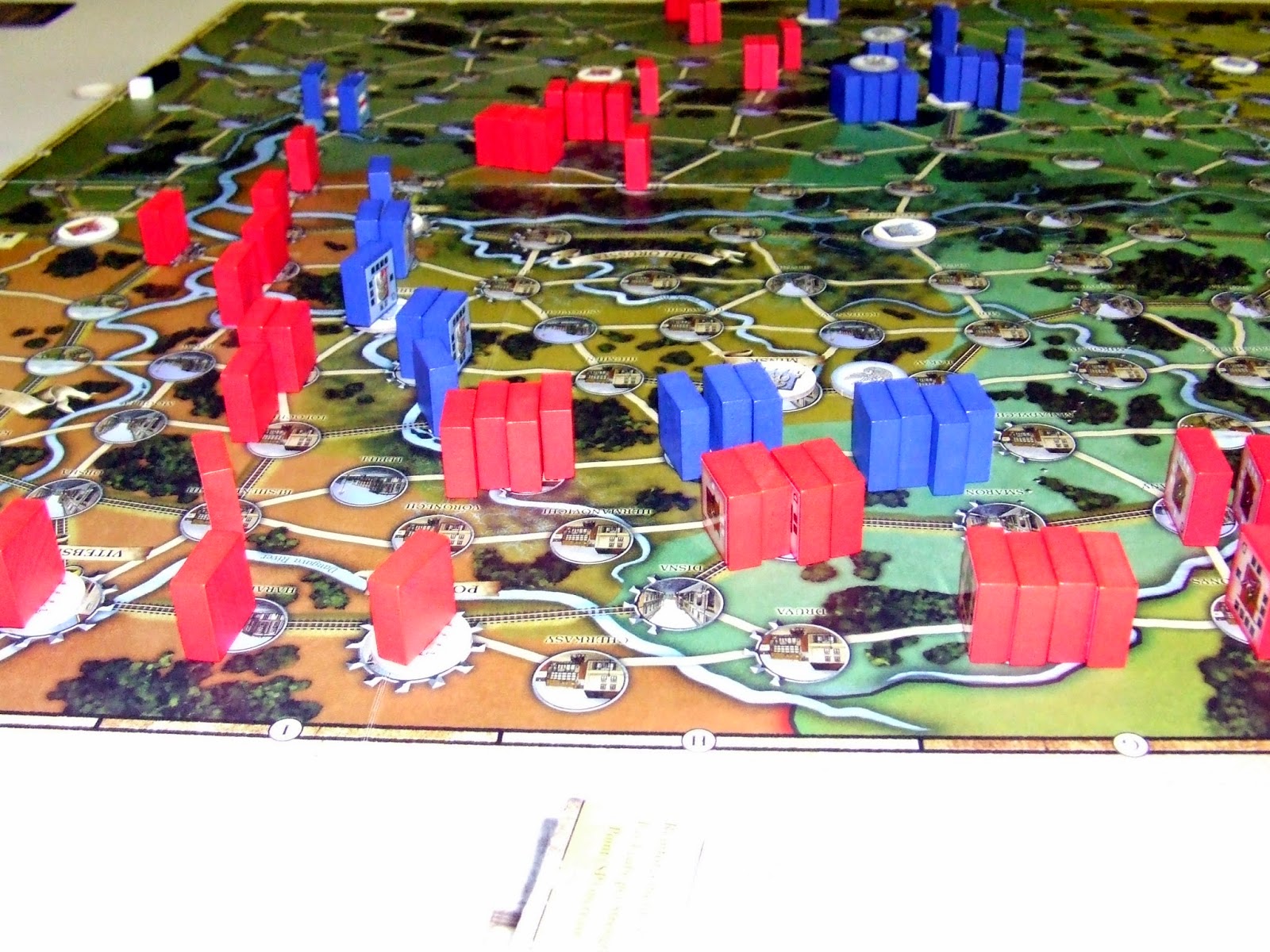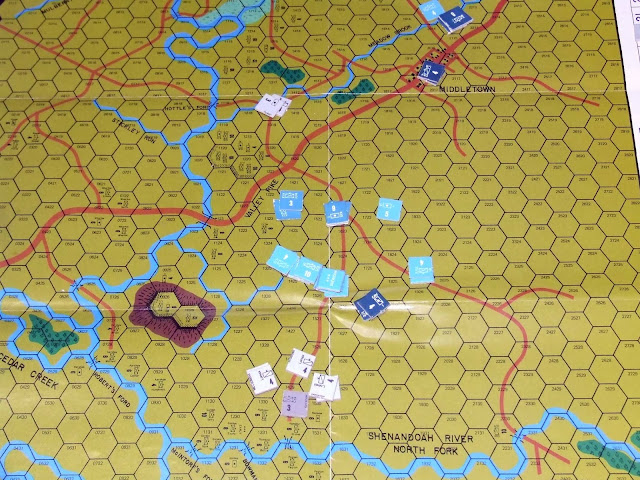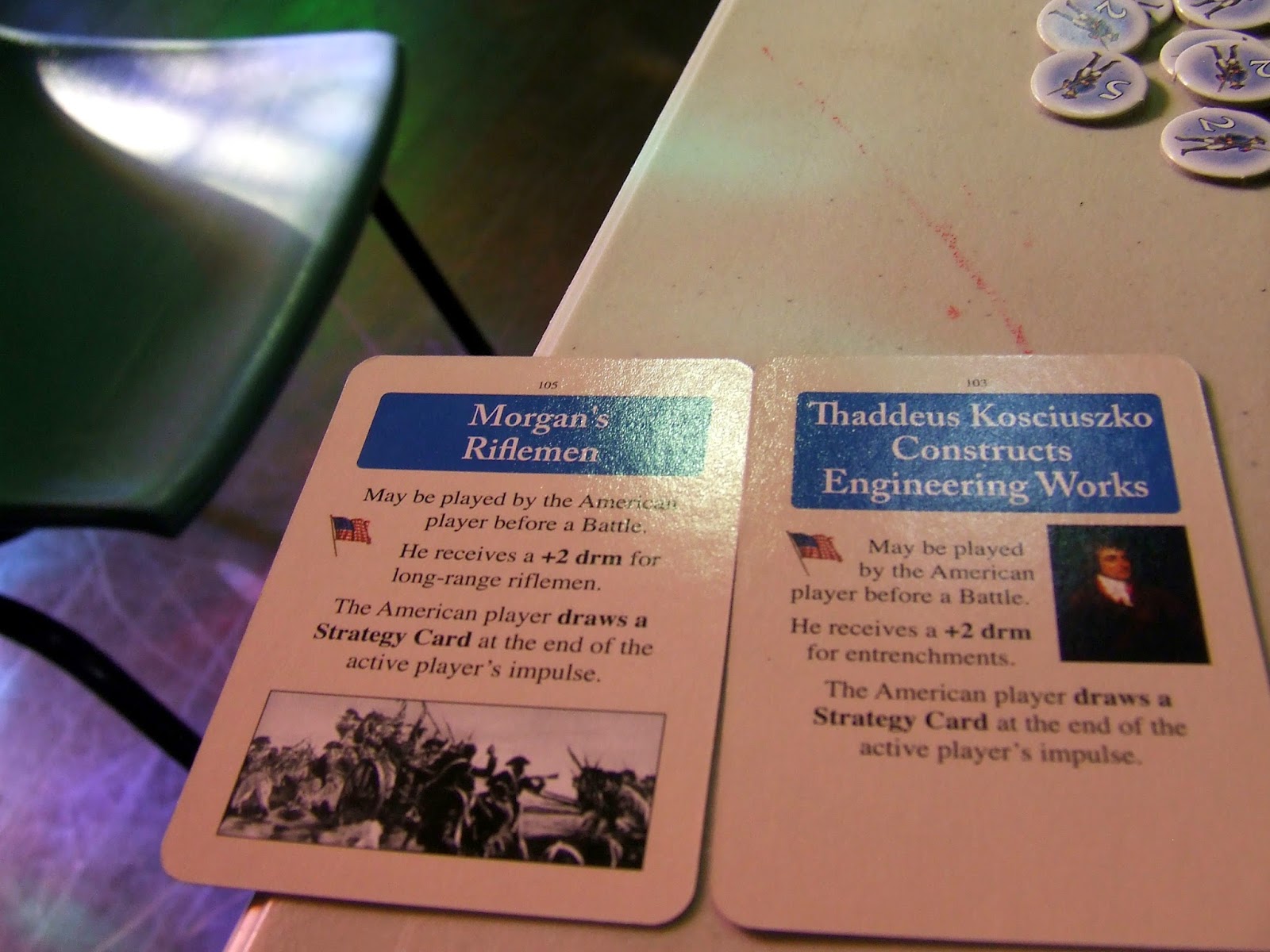Strike of the Eagle
Excerpt from 'Miracle of the Vistula"
Major B Hof, Sydney
University
Press.2007"
‘Over our Corpses’ June to August 1920.
The Defense of the Polish advances in
Belorussia
and the
Ukraine
now began. The Soviets hoped to defeat the over extended positions the Poles
now had by co coordinated attacks both north and south. The Poles looked at it as
it was better to fight in someone else’s back yard than your own.
Lithuania
decided now was the time to strike to get back territory seizes by the Poles.
They struck at Nemehoyne in the north inflicting a stinging defeat on
Sikorski's forces. In the South Polish light armour aided in the defeat of a
Soviet attack at Offetz. Stalin in a report to the Central Committee said "Using
infantry against armour is like using flies against elephants”. On the Northern
Front Tukhachevesky's forces took Vilna, after a bitter fight. On the Southern
Front General Budenny marshalled his forces, while "Comrade Stalin smoked
his pipe and contemplated the wall map for half an hour at the time, before issuing
brief precise orders”.
Bad weather with unseasonal rain paralysed the Southern front. General
Heller the Polish commander on the Southern Front now made a daring raid with
his armoured cars breaking through the scattered Soviet detachments to the
Gates of Kiev!
Kiev
held but a complete reorientation of the Soviet effort was necessary. In the
North a concentrated attack on
Vilnius
was repulsed with heavy Polish losses. This attack was not expected and Soviet
forces in the North went on the defensive. Polish sabotage at Potolsk
marshalling yards also slowed Soviet efforts. Another Polish attack was
successful at
Vilnius.
At
Kiev a
Polish armoured Train aided the attack, and the Polish flag was raised over the
Fortress. Soviet forces panicked and fled the city and the flag of the independent
Ukraine
was raised. At Borkov in the North another Soviet attack was beaten back. The
Lithuanians now held all the territory they wanted made a truce with the Poles.
Kiev
was now besieged from the soviet forces, but held out. Soviet deception
operations successfully masked an attack on Vilnius when Polish re enforcements were sent
elsewhere. Before Soviet forces could follow up this promising development,
forces had to be diverted to the Archangel Front, where a major British
offensive was unleashed. Tuchachchevesky railed against "Those fools on
the Central Committee! If it was not for soldiers like me, there would be no Revolution!”
He would live to regret those words.
The Poles took the advantage in the North to retire. Meanwhile in Kiev
Soviet artillery was instrumental in defeating the Polish armour.
Kiev fell with heavy
casualties on both sides. Stalin reported to the Central committee that "I
would rather loose an army than a city.” In reply to enquiry from Trotsky he
replied crisply “that transport and rations for enemy prisoners were not needed.”
The Soviets had in fact lost a division, but more importantly time. A raid on Headquarters
in the Soviet Northern front stopped all movement, but an attack at Vilna was
once again repulsed.
On the Southern front the Seventh Escadrille of Spad fighters flown by
Americans helped defeat the Soviets on the Southern Front at Derazvinia. By the
15
th of August Soviet attacks in the North were finally being coordinated
successfully, and Borisov fell after a bitter fought battle. Sikorski bluffed
with the diminished forces he had holding the Soviets back.
In the south, Soviet armour was successful at Humien. But at Potolsk the
Soviets were fooled: the Polish Commander got some of his men to dress in
French colonial uniforms, of the soldiers from
Senegal. Seeing these Troops the Soviets
feared they were the dreaded French "Turkos", the colonial troops
from
Senegal
who were reputed cannibals! A Polish sortie by these troops was decisive. By
the 25th the Soviets called Sikorski’s bluff, and took
Grodno. Sikorski died leading a bayonet charge.
Soviet casualties were heavy, but at last it seemed the road to
Warsaw was open, at least
from the north. Or so it seemed."


































